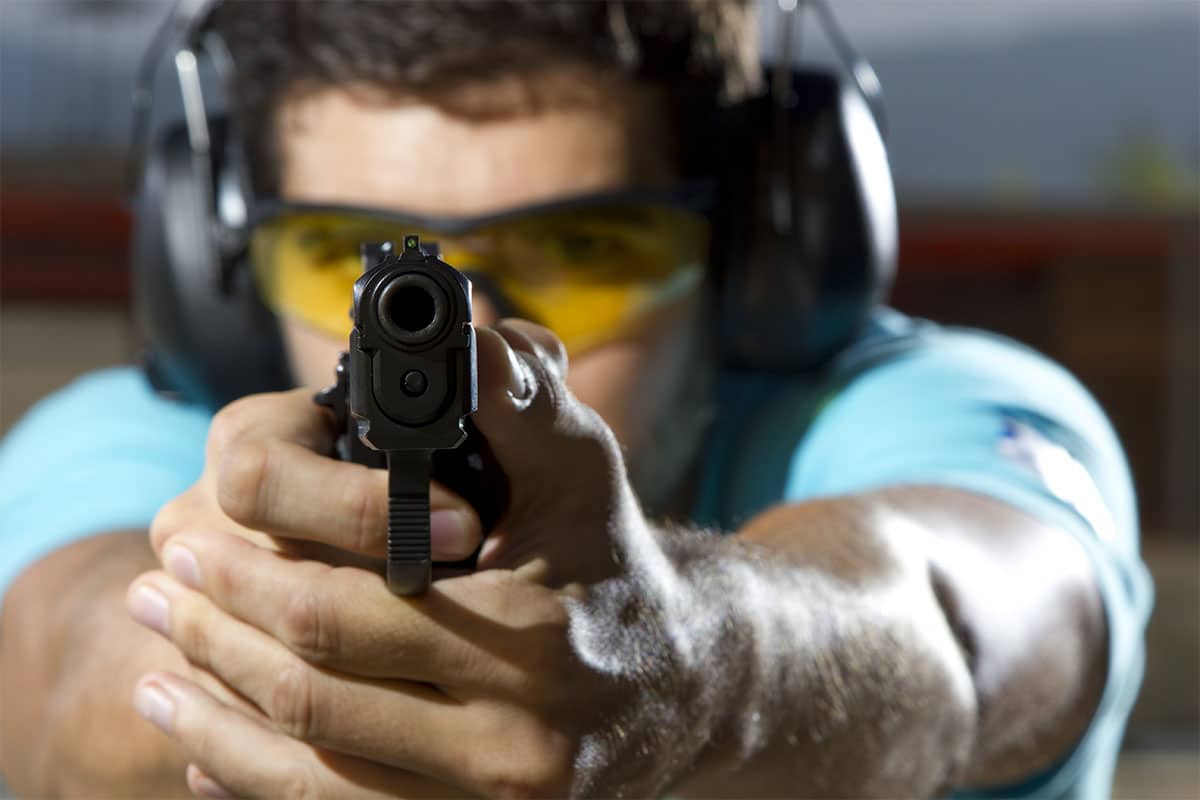Selecting the right ammunition is crucial for both novice and experienced shooters. Whether you’re preparing for a hunting trip, improving your marksmanship at the range, or ensuring home defense, the right ammunition can make a significant difference in performance and safety. This comprehensive guide aims to provide you with essential information on choosing the right ammunition, focusing on factors such as purpose, caliber, and bullet types. As part of your journey, understanding these elements will help you make informed decisions and enhance your overall shooting experience.
Understanding Your Purpose
The first step in choosing the right ammunition is understanding your specific purpose. Different activities require different types of ammunition, each designed to perform optimally under specific conditions.
Hunting
When selecting ammunition for hunting, consider the type of game you’re targeting. Larger game such as deer or elk requires more powerful ammunition, typically in calibers like .30-06 or .308 Winchester. These rounds offer the necessary stopping power and penetration. For smaller game, such as rabbits or birds, lighter calibers like .22 LR or .223 Remington are more appropriate. They provide sufficient lethality without excessive damage to the meat.
Target Shooting
Target shooting and practice sessions primarily focus on accuracy and consistency. Ammunition such as 9mm Luger or .223 Remington is popular due to its balance of performance and cost-effectiveness. For those practicing with handguns, full metal jacket (FMJ) bullets are commonly used as they are designed for consistent performance and reduced barrel wear.
Self-Defense
Self-defense ammunition needs to be reliable and effective in stopping a threat. Hollow point bullets are widely recommended for self-defense situations. These bullets expand upon impact, creating a larger wound channel and reducing the risk of over-penetration, which could cause unintended harm.
Caliber Considerations
Caliber is another crucial factor in choosing the right ammunition. The caliber refers to the diameter of the bullet and the internal diameter of the firearm’s barrel. It’s essential to match the ammunition caliber with the firearm’s specifications.
Handgun Calibers
For handguns, popular calibers include .380 ACP, 9mm, .40 S&W, and .45 ACP. Each has its advantages:
- .380 ACP: Known for low recoil, making it suitable for smaller handguns and easier handling.
- 9mm: Offers a good balance of power, recoil, and capacity, making it one of the most popular choices for both beginners and experienced shooters.
- .40 S&W: Provides more stopping power than 9mm but with slightly increased recoil.
- .45 ACP: Known for its significant stopping power and heavier recoil.
Rifle Calibers
Rifles come in a wide range of calibers, each suited for specific purposes:
- .22 LR: Ideal for beginners and small game hunting due to its low recoil and cost.
- .223 Remington/5.56 NATO: Popular for target shooting and small to medium game hunting.
- .308 Winchester: A versatile caliber used for hunting larger game and long-range shooting.
- .30-06 Springfield: Known for its power and versatility, suitable for hunting a wide range of game.
Bullet Types and Their Uses
The type of bullet also plays a significant role in ammunition performance. Here are some common bullet types and their typical uses:
Full Metal Jacket (FMJ)
FMJ bullets are encased in a hard shell and are designed for penetration and consistent flight. They are commonly used for target shooting and practice due to their affordability and reliability.
Hollow Point (HP)
Hollow point bullets have a cavity in the tip that causes the bullet to expand upon impact. This expansion creates a larger wound channel, making them ideal for self-defense as they are more effective at stopping a threat.
Soft Point (SP)
Soft point bullets have an exposed lead tip that allows for controlled expansion. They are often used in hunting as they provide a balance between penetration and expansion, ensuring a quick, humane kill.
Ballistic Tip
These bullets combine the aerodynamic profile of FMJ with the expansion characteristics of hollow points. They are popular for both hunting and self-defense, providing accuracy and effective stopping power.
Ammunition Safety and Storage
Proper ammunition storage is essential for maintaining its reliability and safety. Store ammunition in a cool, dry place to prevent corrosion and degradation. Using airtight containers can help protect against moisture. Additionally, always handle ammunition with care and follow all safety guidelines to prevent accidents.
Legal and Training Requirements
In many regions, purchasing and using ammunition comes with legal and training requirements. For example, in New York, individuals seeking to carry a pistol must complete the nys pistol permit course. This course covers essential firearm safety, legal responsibilities, and proper handling techniques, ensuring that permit holders are well-prepared and knowledgeable.
Summary
Choosing the right ammunition involves understanding your purpose, selecting the appropriate caliber, and knowing the different bullet types. Whether you’re hunting, target shooting, or focusing on self-defense, the right ammunition can significantly impact your performance and safety. By considering these factors and following proper storage and handling practices, you can ensure a successful and enjoyable shooting experience. Remember, informed choices lead to better results, so take the time to research and select the ammunition that best fits your needs.


